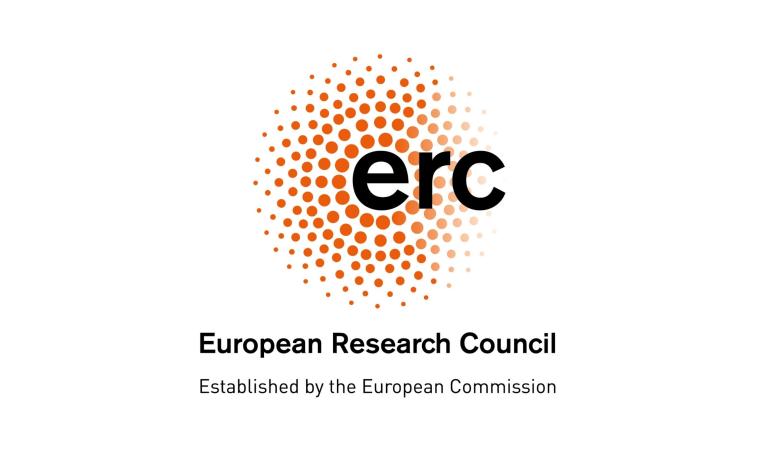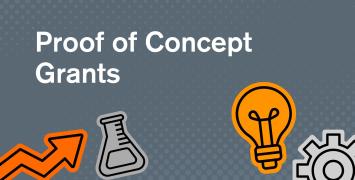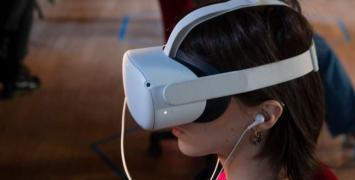
Seventy-six top researchers will receive ERC Proof of Concept grants of €150,000 each. This top-up funding is awarded to ERC grantees to explore the innovation potential of their scientific discoveries and bring the results of their frontier research closer to market. This final injection of €11.4 million pushes the total number of ERC Proof of Concept funded projects for 2019 to 200. With the additional money researchers can, for example, investigate business opportunities, establish intellectual property rights or conduct technical validation for their frontier research findings.
The recipients of these most recent grants will carry out a wide range of projects. One project based in Italy will develop a safer, tolerable and cheaper treatment alternative for patients with autoimmune conditions such as arthritis. In the UK, a researcher will establish a method to measure if autistic children are getting the intended benefits from the educational programs that are designed to help them. In Ireland a scientist will work to increase the accuracy and lower the cost of optical sensors commonly used in manufacturing, healthcare and the evaluation of water and air quality.
This completes the third and final round of the 2019 ERC Proof of Concept grant competition. The overall budget of the 2019 competition was €30 million. Overall last year 498 proposals were evaluated, with an average success rate of 40%. Two hundred grants were awarded to researchers working in 22 countries: Austria 2, Belgium 8, Switzerland 13, Czechia 1, Germany 15, Denmark 3, Greece 2, Spain 16, Finland 8, France 18, Hungary 2, Ireland 6, Israel 10, Italy 20, Luxembourg 1, Netherlands 24, Portugal 4, Romania 2, Sweden 1, Slovenia 1, Turkey 1, UK 34.
Previous ERC Proof of Concept Grants 2019 - results: round one, round two.
Proof of Concept Grants
Proof of Concept (PoC) grants, worth €150,000 each, aim to help researchers who are currently conducting or have recently conducted ERC funded research, to explore the commercial or societal potential of their ERC funded work. The grants can be used in various ways, for example to explore business opportunities, prepare patent applications or verify the practical viability of scientific concepts.
Since the scheme started in 2011, over 1000 projects have received Proof of Concept funding. To further facilitate the transfer of knowledge gained from ERC funded research to the wider world in 2019 the ERC launched a “Virtual Venture Fair”. It aims to help generate connections between ERC PoC funded scientists and specialised investors who can locate necessary finance and support.
ERC grantees can apply for funding in one of the three rounds of the yearly call: the deadlines for 2020 are 21 January, 23 April and 17 September. For full information on applying for a PoC visit: https://erc.europa.eu/funding/proof-concept.
European Research Council
The European Research Council, set up by the European Union in 2007, is the premiere European funding organisation for excellent frontier research. Every year, it selects and funds the very best, creative researchers of any nationality and age, to run projects based in Europe. It offers four core grant schemes: Starting, Consolidator, Advanced and Synergy Grants. With its additional Proof of Concept grant scheme, the ERC helps grantees to bridge the gap between grantees' pioneering research and early phases of its commercialisation.
To date, the ERC has funded more than 9,000 top researchers at various stages of their careers, and over 50,000 postdocs, PhD students and other staff working in their research teams. The ERC strives to attract top researchers from anywhere in the world to come to Europe. Key global research funding bodies, in the United States, China, Japan, Brazil and other countries, have concluded special agreements to provide their researchers with opportunities to temporarily join ERC grantees' teams.
The ERC is led by an independent governing body, the Scientific Council. Since 1 January 2020 the new ERC President is Professor Mauro Ferrari. The overall ERC budget from 2014 to 2020 is more than €13 billion, as part of the Horizon 2020 programme, for which the European Commissioner for Innovation, Research, Culture, Education and Youth, Mariya Gabriel is responsible.





